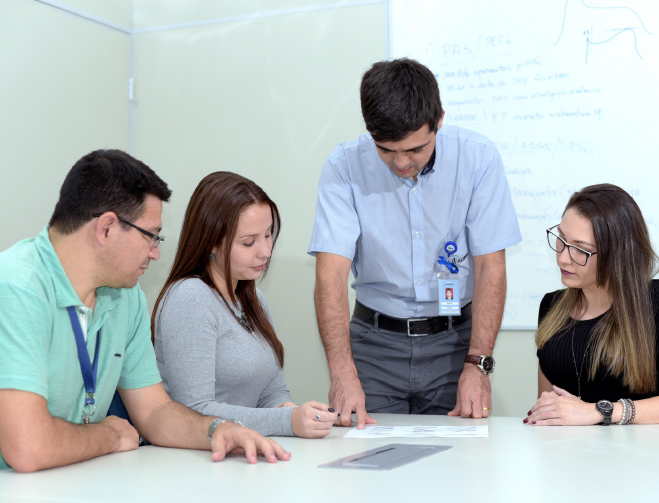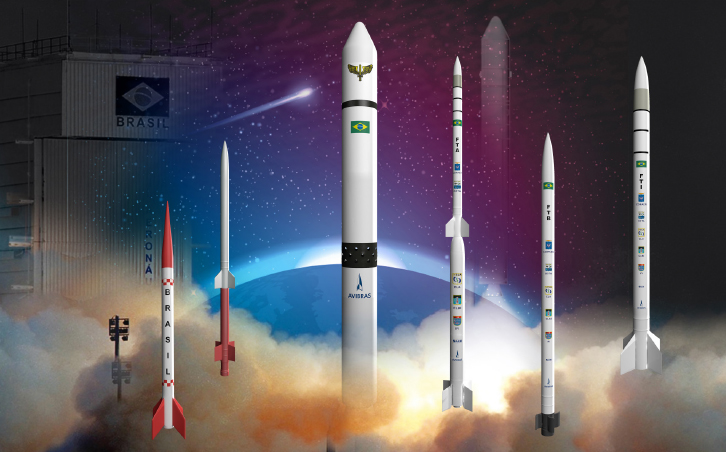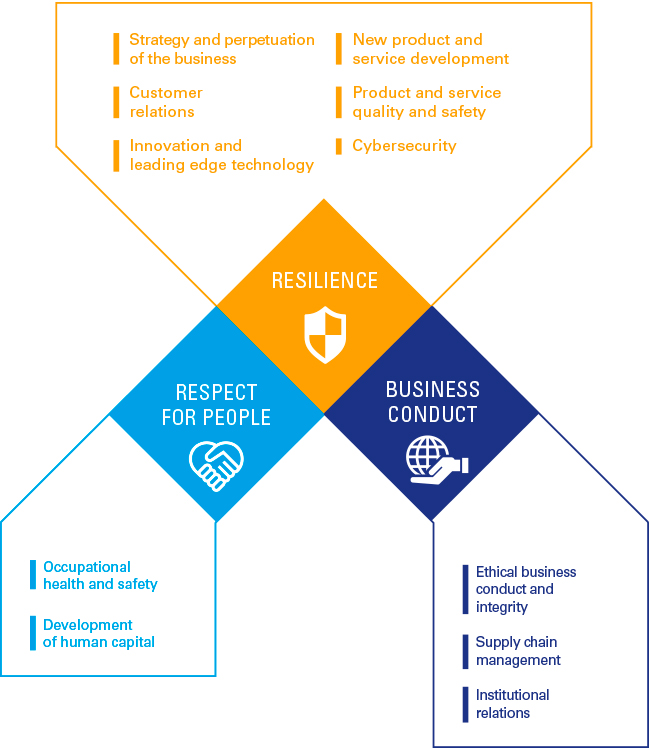About
the report
For the third year running Avibras is publishing its Sustainability Report in accordance with the Global Reporting Initiative (GRI)

For the third year running Avibras is publishing its Sustainability Report in accordance with the Global Reporting Initiative (GRI)

For the third year running Avibras is publishing its Sustainability Report, presenting its management practices, achievements, challenges and outlook to stakeholders. 102-52
This report was prepared in accordance with the Core option of the Global Reporting Initiative (GRI) Standards, and refers to 2018. The previous report was published in October 2018 and there were no reformulations of data or alterations in boundary or scope. 102-50 | 102-51 | 102-54
The information provided herein refers to all the Avibras Indústria Aeroespacial S.A. units. The organisation’s financial statements were submitted to external audit by BDO Brasil. The content was defined based on the Materiality Matrix elaborated at the beginning of 2018 and which was maintained in this reporting cycle. 102-45 | 102-48 | 102-49
Any comments, suggestions, or doubts regarding this report may be addressed to: sustentabilidade@avibras.com.br. 102-53
The definition of the content of this report used the same materiality matrix as the previous reporting cycle because there were no significant alterations in Avibras’ situation and sector of activity. The process is aligned with GRI guidelines, addressing the most relevant topics for company management and ones that may influence stakeholder evaluations and decisions. As in the previous review process, it took into account internal Avibras documents, such as the company’s strategic planning; sector benchmarking and external documents, such as the World Economic Forum’s 2017 Global Risks Report; the Brazilian Defence Ministry’s National Defence White Book (LBDN in the Portuguese acronym); the study entitled “Value Chain and the Social and Economic Importance of the Defence and Security Industry in Brazil” published by Fundação Instituto de Pesquisas Econômicas (Fipe). These were complemented by an analysis of the media, and GRI and Sustainability Accounting Standards Board (SASB) documents.

Based on this analysis, a list of 20 topics was elaborated. This was divided into three pillars aligned with the company’s values. The list was prioritised based on interviews with priority stakeholder groups and online consultations. This confrontation of the axes of influence and impact enabled the identification of the topics of greatest relevance for Avibras. The process was validated in two stages: in the first the Sustainability Committee discussed and approved the inclusion of the topic of cybersecurity. The second, in which the CEO was involved, resulted in the validation of 11 topics, which were organized within the pillars in accordance with company priorities.
The content was defined based on the Materiality Matrix elaborated in 2018
